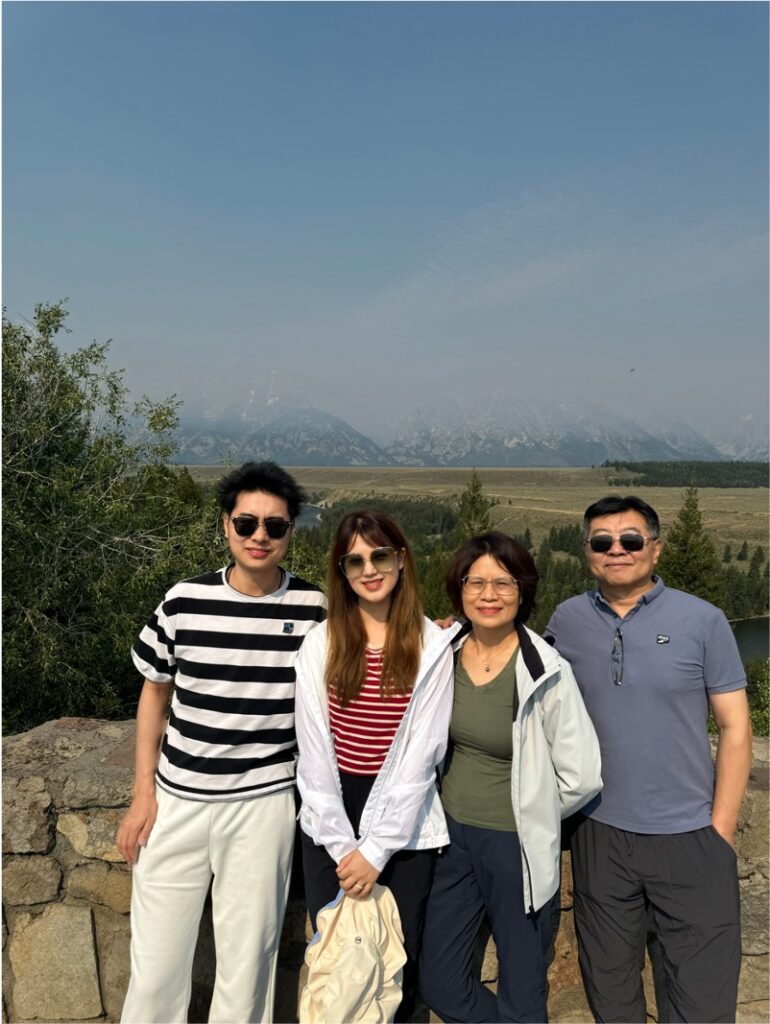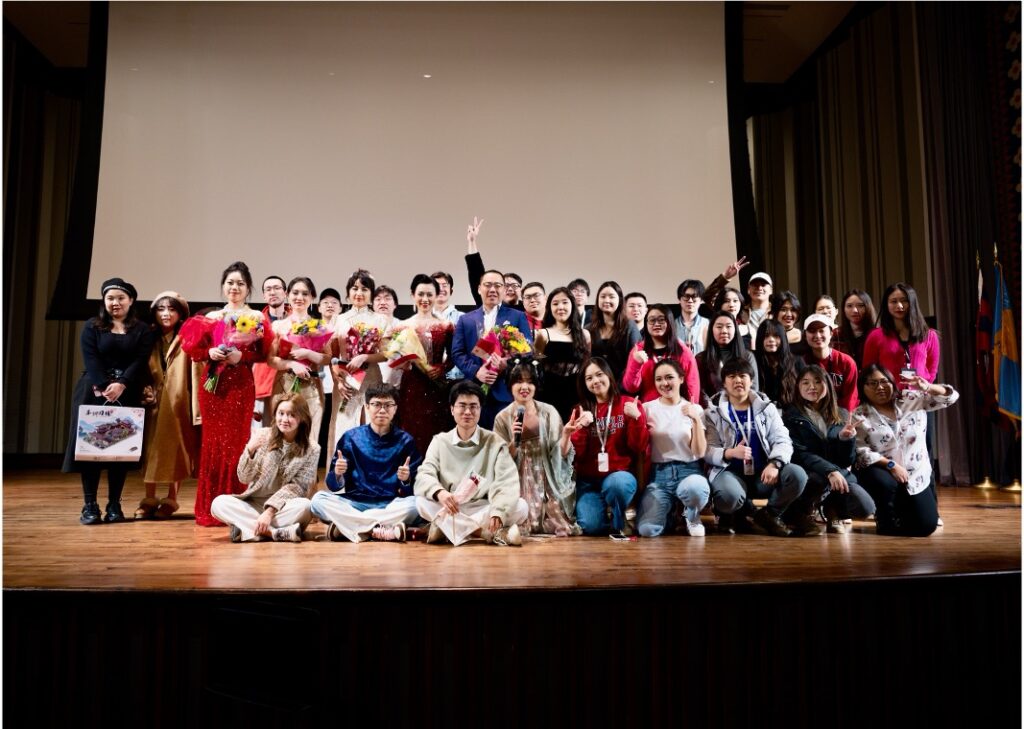Yucong Hua has successfully defended his doctoral dissertation, “Pneumatic Actuation in Soft Robotic Systems,” under the supervision of Jordan Raney, Associate Professor in Mechanical Engineering and Applied Mechanics (MEAM). Hua’s work establishes pneumatic actuation as a versatile, efficient platform for next-generation soft robots, embedding both motion and feedback directly within compliant structures.
Soft robotic systems built from materials that bend, stretch, and adapt are uniquely poised for applications in healthcare, manufacturing, and exploration. Yet realizing their full potential hinges on actuation strategies that can simultaneously drive movement, sense the environment, and simplify control. In his dissertation, Hua presents three core advances:
- Novel actuator architectures that achieve bending, twisting, and extension with minimal hardware,
- Passive, pressure-driven valves that respond autonomously to environmental cues, and
- Pneumatically tuned lattices whose stiffness and damping can be programmed in real time.
Together, these contributions demonstrate how pneumatic networks serve not only as force sources but as embedded intelligence layers, paving the way toward miniaturization and streamlined pneumatic control.
Reflecting on his journey at MEAM, Hua says, “I’ve been surrounded by creative and intelligent colleagues, insightful professors and mentors, and incredibly supportive staff. Every day at Penn has been filled with interesting challenges and discoveries.” He recalls one of his fondest traditions: “Cutting wood in Prof. Raney’s backyard during our group gatherings felt like the perfect blend of hands-on fun and team camaraderie.” He also treasures the moment he met peers at international conferences who “were genuinely excited about my research,” and the instant he heard congratulations from his committee after the defense.
Hua plans to transition into industry at the nexus of AI and mechanical systems, hoping to “apply what I’ve learned to practical, technology-driven problems and continue creating meaningful innovations.” His advice to future MEAM PhD candidates is as proactive as his research approach: “When you have an idea, start experimenting. It doesn’t need to be perfect, but every attempt brings you closer to a real solution. And don’t forget to find balance through friends, food, pets, or other hobbies. It will help you stay creative and grounded.”
Yucong extends his deepest gratitude to his family, especially his wife, Luyang, and their parents for unwavering love and support. He thanks his advisor, Professor Raney, for “his creativity, generosity, and steadfast mentorship,” and committee members Professors Mark Yim and Cynthia Sung for their invaluable feedback. He’s indebted to Dr. Rui Yin, who introduced him to direct ink writing and sparked his passion for the field, and Professor Qiguang He, whose guidance revealed the potential of pneumatic actuation within soft robotics. He also applauds his Architected Materials Lab (AML) colleagues for making the AML a warm, collaborative, and creative environment. Finally, he thanks collaborators Jun, Ran, Yufan, and Zekun for their constant support and partnership.




